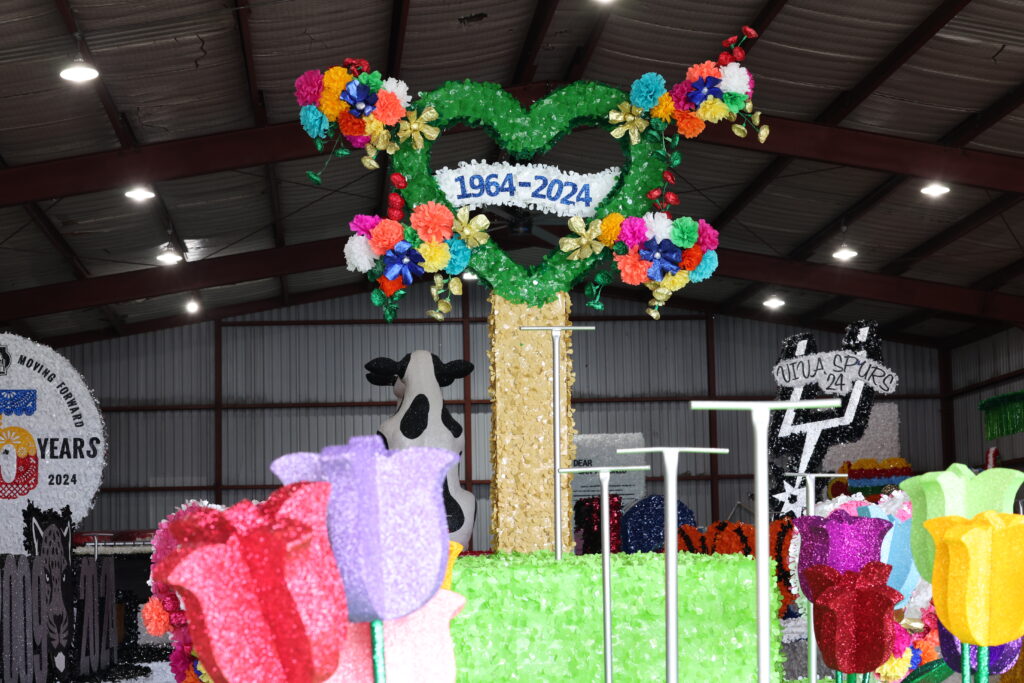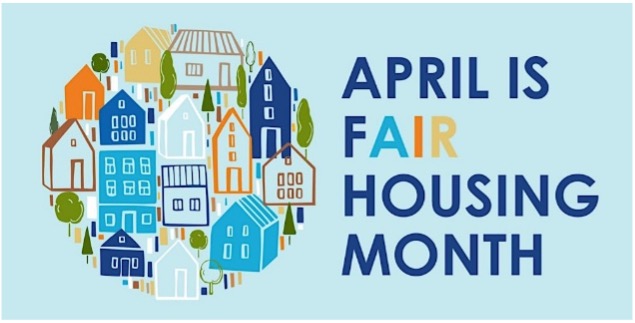About a year ago with the advent of the coronavirus pandemic in our community, Jeff Morden and staff were gearing up for their seventh performance of the year.
It was one of The Public Theater of San Antonio’s large-scale musical productions, with a staff of three dozen artists and backstage crew.
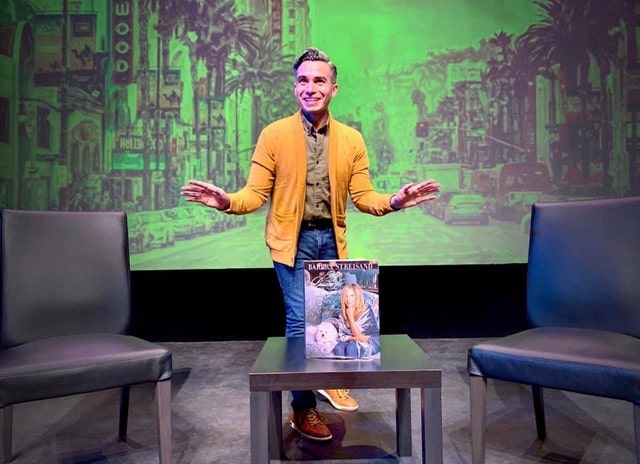
But the production was cancelled. Everyone was sent home.
In fact, The Public, as everyone calls it, has since then not been able to put on a regular show and the nonprofit theater has seen thousands of tickets go unsold.
“The pandemic shut us down 100 percent,” lamented Morden, The Public’s Interim Executive Director. “Theaters have always played a role during times of tragedy and we were at a loss of how to do to that with our doors closed.”
But resiliency came knocking and the venue’s virtual doors opened.
Like countless other great nonprofits across San Antonio suddenly experiencing the pandemic’s devastating wrath, The Public’s staff quickly realized they had to adapt and pivot to try to keep the organization afloat.
Staying afloat
Thanks to a $26,400 grant from the COVID-19 Response Fund, managed by the San Antonio Area Foundation in conjunction with the United Way of San Antonio and Bexar County, The Public was able to find a way to keep entertaining and educating thespian fans in our community.
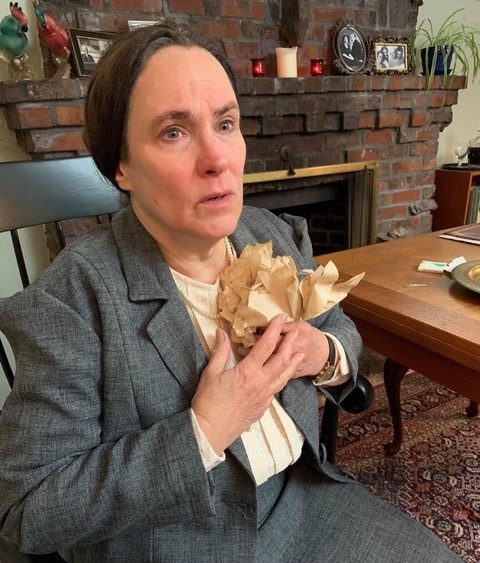
“We were able to come together, look at our programming and figure out different ways we could still bring entertainment to homes virtually,” Morden recalled.
Through Zoom, the Public began offering musical cabarets as well as youth and adult educational programming – most importantly, they were able to keep directors, performers and actors employed when they otherwise would have had no work.
The Area Foundation quickly realized that all sectors of our community were badly in need of help. Certainly, meeting basic needs such as food, shelter and paying bills took top priority but we could not forget or set aside our deep-rooted cultural arts community.
“COVID has been particularly challenging for performing arts organizations and theatres,” said Stephanie LaFroscia, Senior Program Officer for Cultural Vibrancy with the Area Foundation’s Community Engagement and Impact Department. “Despite this, Public Theater continues to connect audiences through an online streaming season celebrating stories of individuals who confront the limitations of family and social structures, highlighting the manifold impact of racism, sexism and homophobia in our lives.”
Scrapping the entire scheduled 2021 season was no easy feat for The Public. Unable to sell tickets and offer the usual in-person shows, the pandemic version was not just virtual but quite scaled down.
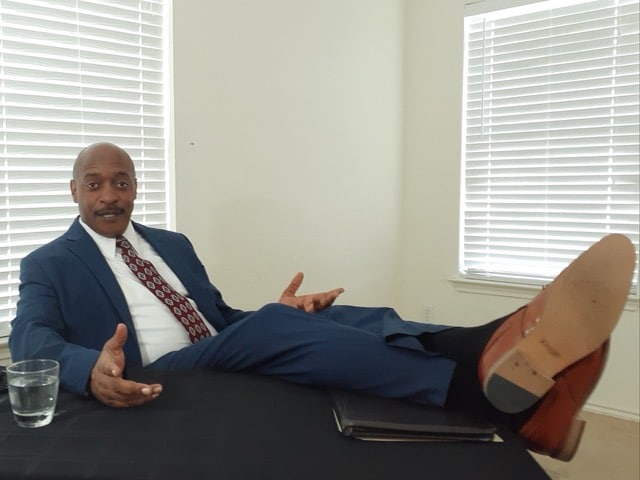
In fact, it became a “season of one” – a reference to single-person performances that became The Public’s new normal.
Despite the challenge, it was still better – much better – than the nightmarish scenario of closing doors indefinitely.
“Our entire (COVID-19 Response) grant went to contracting with performers and educators,” Morden noted. “Our longtime supporters came through but without the Area Foundation support, we wouldn’t have been able to keep anyone employed.”
Respite for young thespians
Never mind being able to keep alive its popular educational programming, a staple for many aspiring young performers.
It turned out nothing short of a lifesaver for 9-year-old Madison Atkins, who was shocked to see her entire social world vanish after Spring Break 2020.
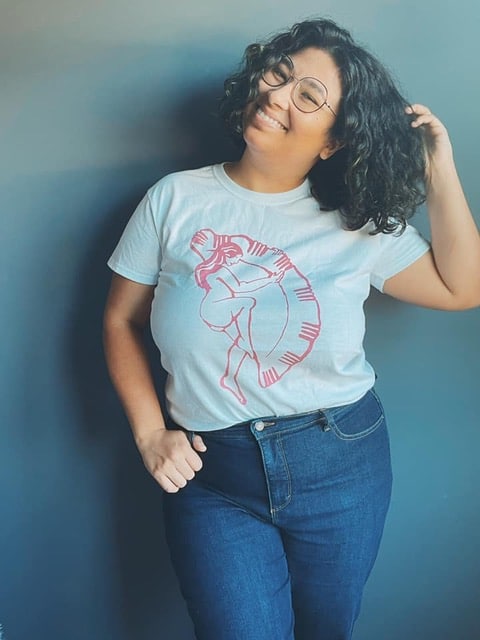
“I felt like my world was turned upside down. Now I couldn’t go anywhere or do anything that I love,” she sighed. “Then, my mom told me that the Public Theater was starting to hold Zoom classes that I could attend for free from home! It really helped me get out of my sadness to be able to see other people, laugh, have fun and do what we love!”
Likewise, the sense of relief and joy in still being able to partake in acting classes felt like her career dreams were being kept alive for Morgan Winter, 15.
“I have always loved theater. Since I was six, I knew that it was what I wanted to do for the rest of my life,” she said. “But 2020 really brought that dream to a halt. Luckily, taking classes virtually with The Public Theater has given me a way to stay connected with the thing that I love, while also staying safe. The classes I’ve taken have given me an outlet to be creative and further my training during this time.”
Not out of the woods
That was then, in the immediate aftermath of the pandemic. Fast-forward a year later and, though things have improved, they are far from being back to pre-pandemic times.
Far from it, in fact.
The completely revamped current season will still be limited in terms of the number of productions and all except the last one in September will still be one-person virtual performances. The Public’s hopes for returning to in-person performances for their last production this season in July are diminishing based on the most recent industry and union guidance.
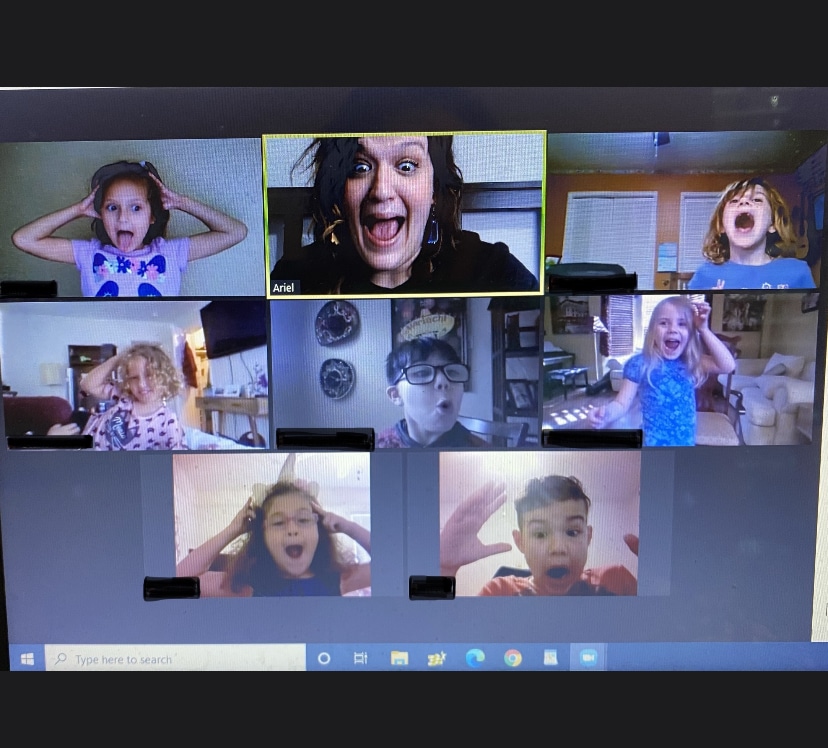
Morden said the latest guidance from the Actors’ Equity Association regarding in-person reopening protocols will bring an unexpected $150,000-$200,000 price tag (about a 15 percent budget increase) for compliance.
That type of financial strain goes to show that cultural arts organizations may have survived the pandemic, but their futures remain in flux. Even short-term recovery is in limbo.
“Unfortunately, the arts are considered non-essential so many of our funders have turned to helping fill basic needs,” Morden said. “We’re going on 2023 before we think we could return to some sense of true normalcy.”
That’s a long way out. To help in the meantime, the Area Foundation has started the Recovery Fund for the Arts. Gracious Donor-Advised Fund (DAF) owners have stepped up to get it going with $25,000, which we hope to build with community interest and support.
“The arts sector has been particularly vulnerable to the financial fallout from the COVID-19 pandemic,” said Laura Giacomoni, Philanthropic Advisor for Donor Services with the Area Foundation’s Donor and Development Services Department. “The need to support local arts remains acute and ongoing because of so many public performances and events that have remained indefinitely suspended.”
One could imagine Morden incessantly nodding in agreement. Great cultural arts nonprofits such as The Public Theater of San Antonio need to keep thriving so that our entire community also keeps thriving.
After all, who among us who love San Antonio could picture our great city without its vibrant cultural arts scene?
That’s a scary thought. Let’s make sure it never turns into reality.
Learn more about how the Recovery Fund for the Arts supports arts and culture organizations who, through continued engagement with our communities, are shaping the post-COVID future for the cultural sector by clicking here.
